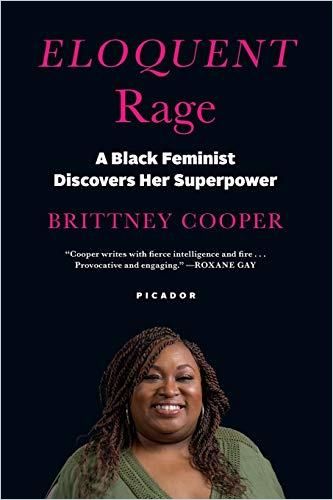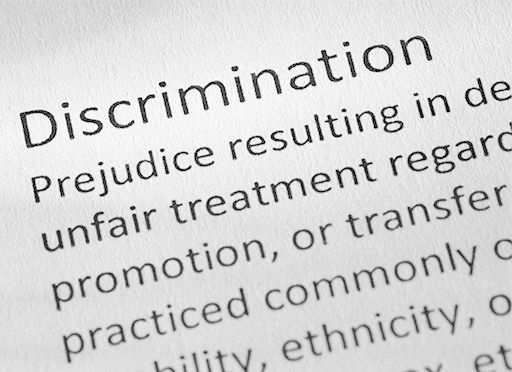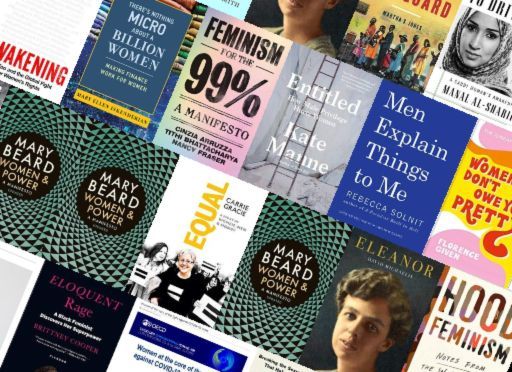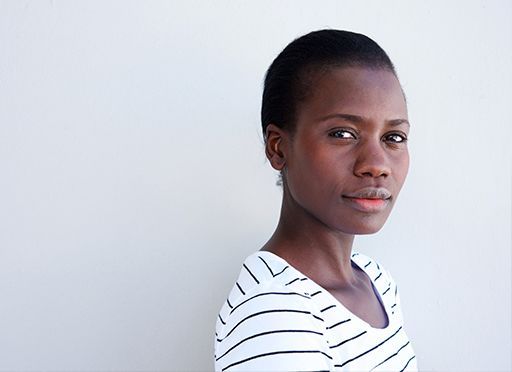Rutgers professor Brittney Cooper explains why you should empathize with the rage that shaped her life as a Black feminist battling racism and sexism. Cooper provides a necessary lesson to white readers as to why – among other things – it’s disrespectful to call her or any other Black woman “sassy.”

Say Her Name!
Say her name! That demand is more than a popular hashtag for Rutgers professor Brittney Cooper. With the scholarship of an academic and the bravado of a public activist, she details the racism and sexism Black women faced during and after slavery and in modern times.
Cooper, a Rutgers University professor in Women’s and Gender Studies and Africana Studies, writes a well-regarded column for Cosmopolitan covering gender, politics and race. She co-founded the Crunk Feminist Collective and has written for The New York Times, The Washington Post and The Los Angeles Times, among other publications.
Black women turn to sass when rage is too risky – because we have jobs to keep, families to feed and bills to pay.Brittney Cooper
Cooper believes white Americans adore so-called “sassy” Black women but misunderstand their underlying rage. She regards sassiness as a socially acceptable version of the hidden fury that centuries of sexism and racism inspire in Black women. Here she explores, in street and academic language, the bottomless historical causes of her anger and that of American Black women, and analyses how white America responds to that rage. Cooper proves charming, articulate and remarkably perceptive.
Real and Fictional Heroines
Cooper’s readiness to discuss this seldom-explored topic coincides perfectly with America’s readiness to listen. Her book is a New York Times bestseller and The New York Public Library, The Atlantic, NPR, The Guardian, The Root, Fast Company and varied news outlets, websites and commentators named it a Best Book of 2018. Rebecca Solnit, a perceptive scholar of how society undervalues women, describes Cooper’s thoughts as “funny, wrenching, pithy and pointed.”
Cooper writes movingly of how the heroes of her favorite teen book series, including The Baby-Sitters Club and Beverly Cleary’s Ramona stories, were all white girls. Her classmate, Tami Brown, seemed to embody the fictional Ramona, but called Cooper a “dirty n-word.” In the seventh grade, Cooper befriended Neisha, who was also Black. Cooper describes with gratitude how Neisha provided emotional support when Cooper’s mother’s boyfriend attacked her mother.
Domestic Abuse
Cooper writes of how spousal abuse haunted the women in her family for generations. Cooper’s mother dated Bob, a Vietnam War veteran, but ended the relationship when he became abusive. Cooper’s mother then dated another veteran, Mann. Bob shot at the new couple and hit Cooper’s mother – when she was pregnant with Cooper – three times. Thus, Cooper reveals, she suffered domestic abuse before she was born.
Mann drank and abused his young wife. To Cooper’s relief, her mother eventually married a man who broke his own family’s cycle of domestic violence. This is among the most moving sections of the book, as Cooper tells how the difficulties Black men face can turn into violence against Black women.
The military and toxic masculinity
Cooper backs up this thesis by describing the way that military service provided Black men with secure careers during the 20th century.
For many Black men, joining the military was their only viable option to make something of themselves.Brittney Cooper
But after World War II, the Korean and the Vietnam Wars, Cooper details, many Black veterans were victims of violence, mental illness, injuries, addiction and displaced anger. After serving with dignity and honor, they suffered bigotry and segregation once back in civilian life. This sparked or increased domestic violence as Black men targeted Black women with anger and frustration. Cooper’s depiction of this dynamic reveals that white Americans expressed their anger toward Black men and women with scant repercussions, while Black families suffered the consequences.
Police Violence
In a heart-wrenching chapter on unpunished police violence against Black women, Cooper cites Sandra Bland, the Black Lives Matter activist and scholar who died in police custody. Bland and Cooper traveled to separate university engagements on the same day in 2015. Bland drove to Prairie View A&M University to become a faculty member, her dream job. Cooper went to Harvard to deliver a speech on diversity, inclusion and white supremacy.
A police officer stopped Bland because she didn’t use her turn signal. He disliked her responses to him and arrested her. (Malcolm Gladwell also tells this story of horribly crossed communication in his book Talking to Strangers). Police claimed Bland hanged herself with a trash bag. Cooper suggests that “rogue police officers” killed her. This powerfully evokes the impotent anger that police violence sparks in Black Americans.
Celibacy
Cooper writes many passages which might come as a surprise to mainstream white audiences, but far less so to Black readers. One of the more surprising is Cooper’s account of the way many Black women adopt celibate lifestyles to focus on education, achievement and career. Cooper followed this paradigm and waited until she was well into her 30s to have a partner. She notes that more than 60% of college-educated African-American women between the ages of 25 and 35 never marry. That compares to 38% of Caucasian women in the same demographic.
Betrayal
Cooper makes a strong case that Donald Trump’s election illuminated the racial gap in gender politics. She notes that about 53% of white women voters chose Trump. For Cooper this means that white women voters chose racial supremacy over gender equality. It’s difficult to argue with her conclusion.
Focused Rage
Cooper discloses her lifelong effort to avoid behavior or attitudes that might cause others to call her an Angry Black Woman. Racists use this stereotype, Cooper discloses, to devalue Black women’s valid reactions to racist or sexist encounters. An insight into this question inspired her to write her book. Cooper closes with the remarkable and telling realization that her focused rage could be a tool for advancement, education and achievement. She views it as a superpower.
America needs a homegirl intervention in the worst way.Brittney Cooper
Cooper seeks to share aspects of Black female consciousness that few authors have covered. Her words may provide a revelation for white readers and a great message of community for Black women. You could argue that the current consciousness caught up to Cooper or you could more strongly argue that Cooper’s persuasive and moving memoir helped shaped these times.







